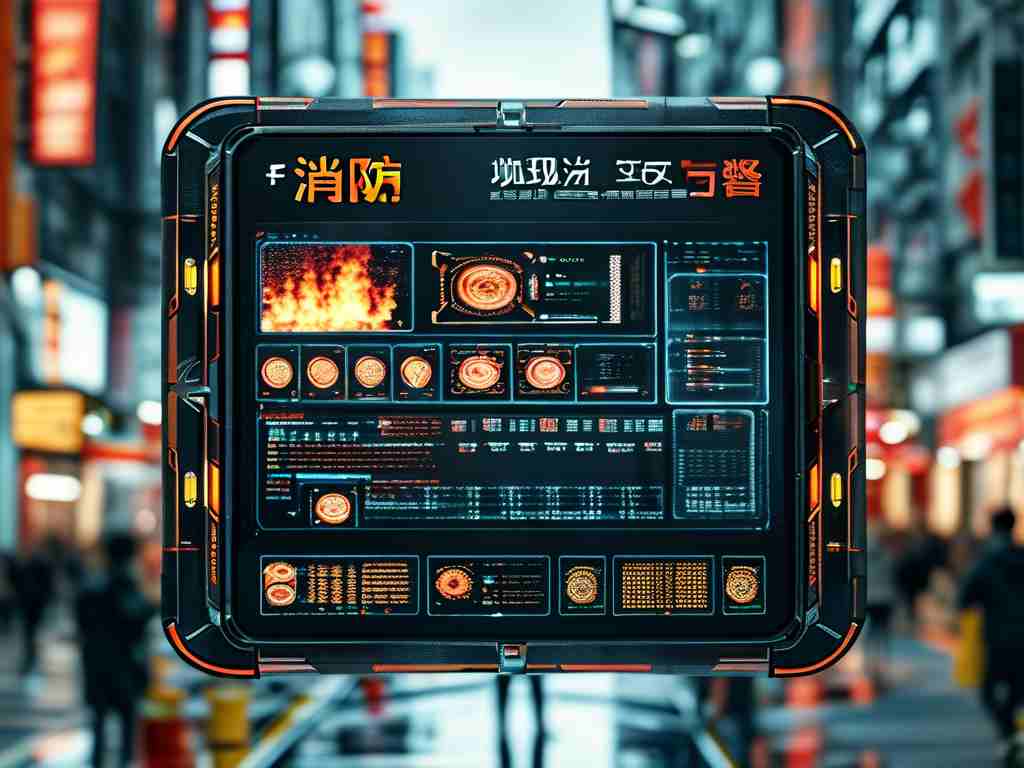Nestled in China's manufacturing heartland, Dongguan has emerged as a pivotal base for embedded system development and original equipment manufacturing. This industrial powerhouse combines technical expertise with cost-effective production capabilities, making it a preferred destination for global tech enterprises seeking reliable hardware-software integration solutions.

The city's evolution from traditional manufacturing to advanced embedded technologies stems from its robust electronics ecosystem. Over 8,000 component suppliers and 500+ R&D centers operate within a 50-km radius, creating unparalleled supply chain efficiency. A typical embedded control board developed here undergoes 23 precision manufacturing stages – from circuit design to firmware optimization – all completed within 72 hours through localized collaboration.
What distinguishes Dongguan's embedded developers is their vertical integration model. Unlike conventional contractors, these manufacturers handle PCB fabrication, microcontroller programming, and industrial certification processes in-house. This approach reduces project lead times by 40% compared to fragmented production models. One automotive client reported 30% cost savings on ECU units through Dongguan's combined engineering and manufacturing services.
The region's technical workforce forms another competitive edge. Vocational schools partner with manufacturers to deliver specialized embedded engineering programs, ensuring a steady pipeline of ARM architecture specialists and RTOS developers. Production floors employ AI-driven inspection systems that achieve 99.98% defect detection rates, maintaining strict quality standards for medical and aerospace applications.
Environmental compliance has become a new focus area. Leading factories now implement lead-free soldering techniques and energy-recovery systems that reduce carbon emissions by 35% per production unit. A recent government initiative mandates all embedded hardware producers to achieve ISO 14001 certification by 2025, pushing the industry toward sustainable innovation.
For IoT developers, Dongguan offers complete solution packages combining custom PCB design with wireless protocol integration. A smart agriculture project demonstrated this capability by delivering LoRaWAN-enabled soil sensors from concept to mass production in 11 weeks. The final product incorporated power management algorithms extending battery life to 5 years – a 3x improvement over previous iterations.
As edge computing gains momentum, local manufacturers are upgrading facilities with 5G-enabled testing environments. A new industrial park dedicated to AIoT development features electromagnetic compatibility labs and automotive-grade vibration testing equipment. These investments position Dongguan as a crucial partner for autonomous vehicle subsystems and industrial automation controllers.
The proof of capability lies in export figures – embedded products from Dongguan now power 18% of global consumer electronics, with annual export growth averaging 12% since 2020. From miniature medical implants to ruggedized marine navigation systems, the city's technical prowess continues to redefine embedded development benchmarks.
Looking ahead, Dongguan's embedded industry is embracing digital twin technology to enhance prototyping efficiency. Virtual simulation platforms now slash physical testing cycles by 60%, while blockchain-based component tracking ensures full material traceability. This fusion of traditional manufacturing strength with cutting-edge digital tools cements the region's position as an indispensable link in global embedded technology value chains.









